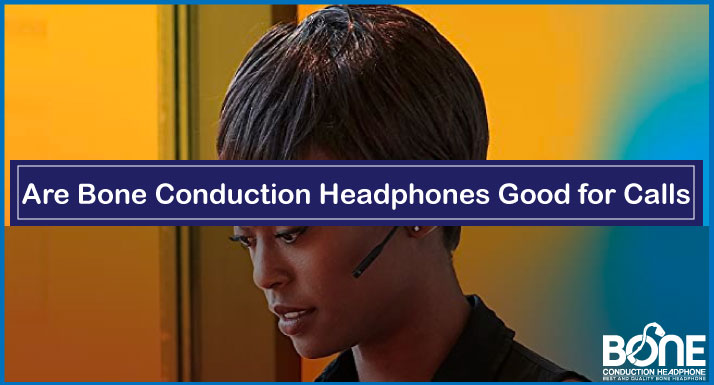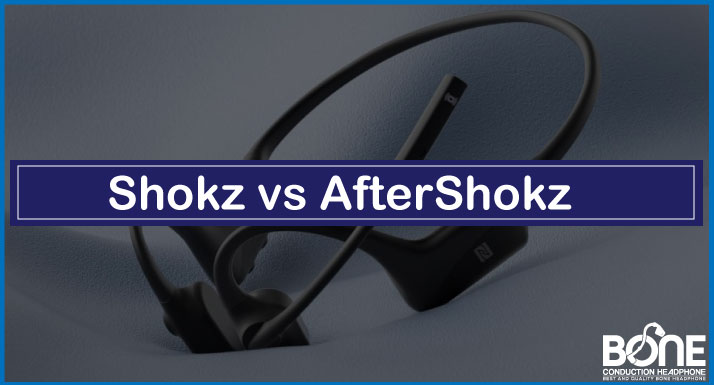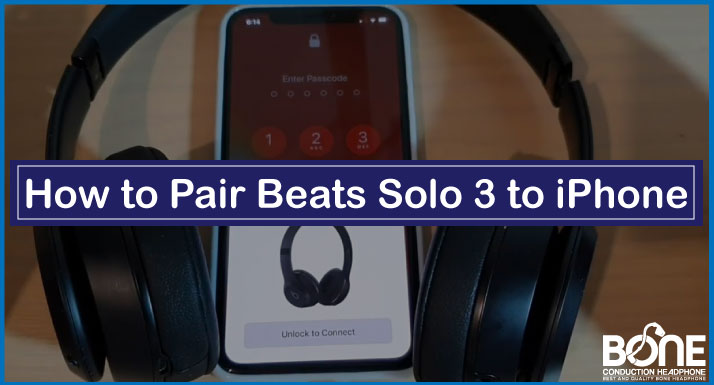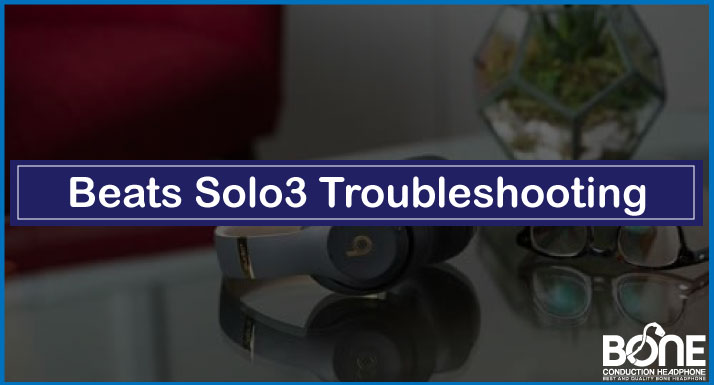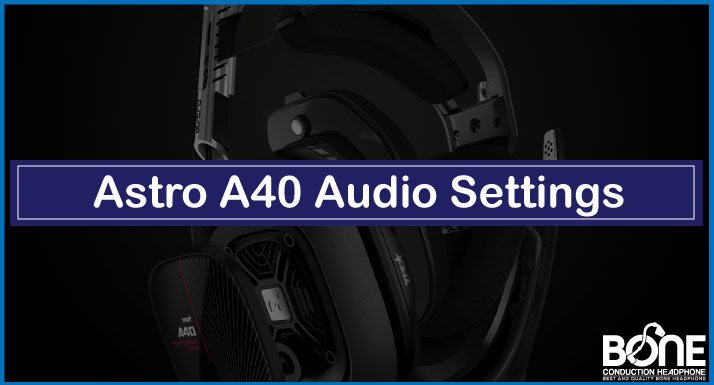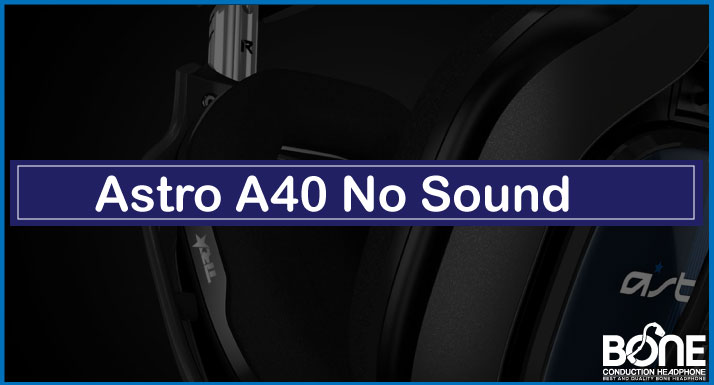Whenever I go to mix my audio and video project, there comes the question of what headphones are better. Choosing between open and closed is tiring, but Open-back headphones proving more soundscape are always my choice. If you have this question, many of you do: Are open-back headphones better for mixing? Then keep reading.
Open-back headphones allow the listener to hear both instruments and vocals equally, which is beneficial when mixing. So, Are open-back headphones any good or not for mixing? What is the truth? In this article, we’ll explore in detail along with different questions related to open-back headphones.
What are open-back headphones?
Open-back headphones provide a soundscape that is more open than that of headphones with closed-back headphones. It is because the ear cups do not have a very tight seal, which provides the listener with a listening experience that is more spacious and three-dimensional.
The sound quality of open-back headphones is often superior to that of closed-back versions, even though open-back headphones are more costly. Additionally, open-back headphones often have a wider frequency response than other types of headphones, which can improve sound clarity.
Are open-back headphones better for mixing | Key Benefits?
As a mixer, I always experiment with different headphones for my editing and mixing projects and enlisted my findings about the open-back headphones. Open-back headphones provide a natural sound that can help me mix and produce music with greater accuracy and clarity.
Open-back headphones provide a more open and spacious soundstage, which can be helpful when recording or mixing in an ample space. Additionally, professional DJs and other audio professionals often prefer open-back headphones because they allow listeners to hear the music as intended.
When using open-back headphones, the listener hears a more accurate representation of the sound being played, whereas closed-back headphones silence and limit the amount of sound. Open-back headphones offer an immersive experience that can improve your ability to focus on your work.
They are often less fatiguing, giving better overall audio quality and allowing for greater sound diffusion and a wider range of sonic detail. Open-back headphones are often more affordable than closed-back models, making them an excellent option for those on a budget.
Do open-back headphones leak noise?
Open-back studio headphones are popular among music enthusiasts like me as they provide a more immersive listening experience. However, some open-back headphones leak noise, which is distracting in noisy environments.
Always choose the Best open-back headphones for mixing with proper seals and a tight fit to minimize the potential for leakage. Additionally, make sure to adjust the headband and ear cups to sit flat on your head.
Open Back vs. Closed Back Headphones for Mixing
My readers always ask this query on Reddit Open back vs closed back headphones for mixing Reddit. Which one is better? Open-back headphones allow more ambient sound into the ear canal, while closed-back headphones block out external noise. It helps in mixing, as it allows you to hear the audio from the speakers better.
Additionally, open-back headphones tend to have a wider frequency response range than closed-back headphones, which is beneficial for monitoring purposes. They also typically provide a more immersive experience when listening to music. However, open-back headphones can be less effective at blocking background noise and more distracting when working in a noisy environment.
On the other hand, closed-back headphones produce a more closed or tighter sound, giving your mix a more intimate and concentrated feel. When mixing, it’s essential to consider the best headphones for mixing you’re using to achieve the optimal listening experience for yourself and your listeners.
Do DJs use open-back headphones?
I inquired about different DJs’ open and closed-back headphones and found that open-back headphones stand out on the top. Closed-back headphones are designed to keep the sound in, while open-back headphones let the sound out.
Open-back headphones are more popular with DJs because they allow them to better hear the basslines and other low frequencies. Many DJs also find that they can cue the beats better with open-backs than with closed-backs.
Are open-back headphones better for your ears?
The main reason I choose Open-back headphones over closed-back headphones is that it is better for the ear; they allow more air to flow in and out. They provide a more comfortable listening experience because it prevents pressure from building up in the ears. Open-back headphones do not cause ear fatigue which is much better than closed-back headphones.
Are open-back headphones better for gaming?
As a gamer, I would go with closed-back headphones, but I can say that Open-back headphones are often seen as the reliable type of headphones for gaming because they offer an immersive experience. They allow more sound to escape from the ear cups, which gives you a better sense of surroundings and positioning in games.
Open-back headphones provide superior clarity than closed-back headphones, but closed-back is better for bass. However, open-back headphones can be more expensive than closed-back, so deciding what’s important to you before purchasing is essential.
Are open-back headphones better?
Indeed, open-back headphones typically provide a higher level of precision in certain aspects compared to closed-back headphones. However, it’s important to note that not all open-back headphones necessarily deliver the neutral response ideal for mixing.
Open back vs. closed-back headphones for mixing
When it comes to mixing and audio production, open-back headphones are a valuable choice for precise, extended studio sessions. However, if your headphone usage is primarily for daily activities like commuting, work, or exercising, closed-back headphones, which keep sound contained, maybe the more practical and durable option.
Do open-back headphones have better sound quality?
In terms of sound quality and soundstage, open-back headphones excel due to their ability to let sound escape into your surroundings, creating a more immersive and spacious listening experience.
Are open-back headphones good for recording music?
While it’s possible to use open-back headphones for recording music, they tend to be problematic due to sound bleed into the microphone. If you’re using a direct interface without a microphone, this won’t be an issue. However, when using a microphone for recording, it’s generally not advisable to use open-back headphones.
Why do people want open-back headphones?
People prefer open-back headphones because they are designed to let sound escape from the earpieces, unlike closed-back headphones. This design choice results in a more airy, clear, and spacious sound quality compared to closed-back models. Open-back headphones are particularly useful when individuals need to stay aware of their external surroundings while enjoying their audio experience.
What is the advantage of open-back headphones?
Open-back headphones offer several advantages. Their design includes built-in gaps in the outer housing, allowing air and sound to pass freely through the earcup. This design eliminates pressure buildup, resulting in a more natural and ideal sound for critical listening. Open-back headphones are also lightweight and exceptionally comfortable for extended wear, making them a preferred choice for extended listening sessions.
Final Words | Are open-back headphones good?
The main reason I endorse the Open-back headphones for mixing and audio production is their unique listening experience. I find it more immersive than ear cups or over-the-head headphones. They are also well-suited for my monitoring audio while working on a project, as they let me hear the music and my work in progress.

